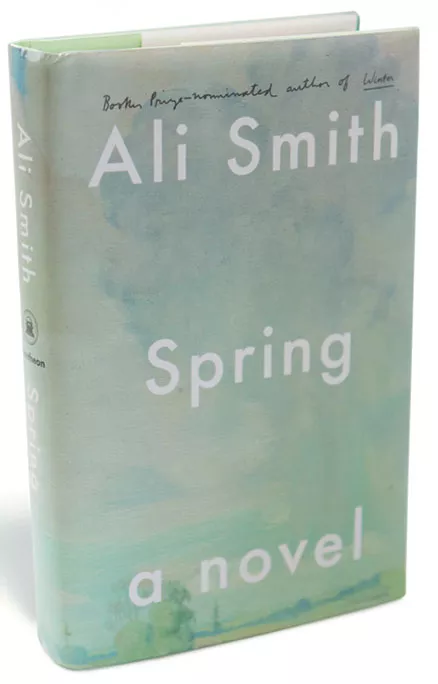In Review: Ali Smith's Latest Novel
"Spring" stars climate change, migrants, and smart young people

Ali Smith's novels ache with disconnection, articulating the unsaid, the unheard, the elusiveness of unrealized human potential.
In Spring (Pantheon, 2019), installment three in a seasonal quartet of books exploring crises of climate and culture, filmmaker Richard Lease loses himself in invented interactions. His estranged daughter is an imaginary #MeToo-era conscience. Memories of his deceased best friend, screenwriter Paddy Heal, capture his attention to the detriment of what's happening around him.
Much of Spring centers on a privatized UK immigration removal center. Custody officer Brittany Hall's desolate routine shifts when she skips work to journey to northern Scotland with Florence, a 12-year-old rumored to be the force spurring an IRC facility cleanup. Brittany and Florence cross paths with Richard, deep in mourning.
In Paddy, Richard has lost a collaborator, and the world has lost a writer. But Richard recognizes rare talents in the enigmatic Florence. She responds with intellectual tenacity to threats of climate collapse, warning that with five nuclear explosions, Earth will enter permanent nuclear autumn. Florence's ecological soothsaying disturbs Brittany, who's reminded that "cell" has multiple meanings.
Each section opens with a chorus of social tragedy: the collective voice of fake news and algorithm-driven content, the tireless din of online hate speech. But despite its unflinching portraits of losses both planetary and infinitesimally personal, Spring signals hope. Smith writes not only of destruction but also of creation.
 The Magazine of The Sierra Club
The Magazine of The Sierra Club



